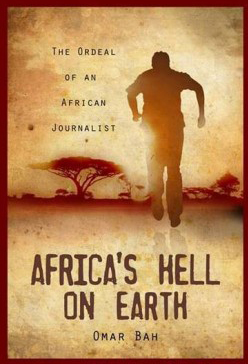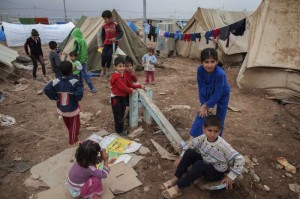In a recent press conference opposing the acceptance of Syrian refugees fleeing ISIS terror, the Rhode Island GOP drew a contrast between the past acceptance of Irish refugees of the Potato Famine and the current, ongoing refugee crisis in Syria. Arguing that Syrians fleeing ISIS were different, Rep. Mike Chippendale said,  “‘the United States of America is an extremely compassionate nation’ but added this is a different time than when the Irish came to the country because of a potato famine” according to a Projo report on the press conference.
“‘the United States of America is an extremely compassionate nation’ but added this is a different time than when the Irish came to the country because of a potato famine” according to a Projo report on the press conference.
As the great-great-grandson of an Irish-American terrorist, I feel the need to correct the historical record.
William Crossin, my mother’s mother’s mother’s father, died in summer of 1912. His funeral procession was a well-attended public spectacle, as reported in the July 6, 1912 edition of The Gaelic American (here I pull from The Gaelic American as quoted in a 1982 undergrad paper by Denise M. Hennessey, my mother):
It was “one of the most remarkable tributes of respect for the dead ever seen in Philadelphia. No popular public man was ever more honored in the number and quality of those who accompanied his remains to their last resting place. And they were all men and women who knew him personally.”*
He was burried [sic] from the Church of the Annunciation, located at Tenth and Dickinson Streets, Philadelphia which church “was filled to capacity.”
“A dense mass of people thronged Morris Street and the neighboring blocks, and it required a detachment of police to keep the space in front of the house clear”
Six pallbearers carried Crossin’s coffin:
John DeVoy
John T. Keating
John L. Gannon
Francis Reilly
Edward McDermott
Joseph McGarrity**
A procession of honorary pallbearers included the dignitaries from all over the United States. Fifteen nuns were also among those in the procession and it was noted that, “Crossin had always been a great friend of the sisters and made many a collection for charitable enterprises in which they were engaged.”
“A long line of carriages followed the hearse to the church, all the side streets on both sides of the route had a double line of waiting carriages and more than 2,000 members of the Clan-na-Gael wearing badges marched on foot.
A high mass of Requiem was celebrated at his parish church and a host of priests assisted his Pastor, Rev. P. Daily. In his sermon Fr. Daily attested to Crossin’s good character when he said, “No man can point the finger of scorn at William Crossin. He was a good Catholic, a practical Catholic in the strictest sense of the word. His performance of his religious duties was not perfunctory. His faith was strong and his fervor was like that of the Irish missionaries who carried the light of the Gospel to the peoples of central and western Europe in the Middle Ages when Ireland earned the proud title of the Island of the Saints. He was filled with the spirit which animated those men. His life was simple and pure. He was a model husband and father, a good citizen who won the respect of his neighbors and of all who came in contact with him. He was loyal to the land of his adoption, and to his motherland he gave a devotion that was without the slightest taint of selfishness Men might differ with him but all respected his sincerity and singleness of purpose.”
“The procession of carriages going to the grave sight stretched as far as the eye could see.”
“Outside and on the way to the cemetary [sic] great satisfaction was expressed at this kindly and eloquent tribute to the dead. One of the professional men at the funeral, a graduate of the University of Pennsylvania, said that he had never met a man of finer intellect, of more upright character or stronger personality than William Crossin. Had Crossin had the advantage of a college training, the man believed Crossin would have become one of the foremost men of America.” [William Crossin was a horse-cart driver in South Philadelphia]
The
Clan-na-Gael was a forerunner of the I.R.A., which collected money and weapons for the latter group as it formed. William Crossin, one of the Clan-na-Gael’s leaders, presided over the country’s largest chapter in Philadelphia. He was an intellectual and personal mentor to the leaders of the Easter Rising, which took place four years after his death. He also personally took part in actions such as the dynamiting of a British cargo ship leaving New Orleans for British South Africa. In his old age, William Crossin successfully fought extradition to Great Britain to face trial for his actions.
My mother had mixed feelings about her great-grandfather, as do I (my grandmother did not, according to family legend. When my mom came home to tell her parents what she had researched at night school, my grandfather gleefully exclaimed, “Good, Denise! Dig for the dirt! I want to know everything her [my grandmother’s] side of the family did!” My grandmother replied–I imagine between sips of milky black tea and puffs of a Camel cigarette–that, “If any relative of mine blew something up, they must have had a goddamned good reason”).
History does not repeat, but rhymes. There are contrasts and similarities between the Irish experience and the Syrian one. The Irish focused their violence on the British, not Americans, and Britain was not at that time considered a solid ally of the United States***. Irish resistance was violent, and incidentally must have harmed civilians, but was not the sort of nihilistic terrorist violence that characterizes ISIS (though it later would become exactly that type of violence). In both cases, the vast majority of people were non-combatants with nothing to do with terror.
Of course, the biggest immediate contrast is that Irish-Americans deeply sympathized with Irish republicanism in all its forms, and the leaders of the community, though perhaps not in full harmony with the Clan-na-Gael and I.R.A., certainly considered the group within the fold of reasonable disagreement. Syrians, by contrast, are overwhelmingly fleeing from ISIS. The Arabic slur, Daesh,
meaning something akin to ‘the dividers’ gives clues to how the broader Syrian public feels about ISIS. There’s no doubt that we should be careful to screen out ISIS terrorists who might opportunistically try to hide amidst the hoards of their own victims, but that does not justify punishing the vast majority who are fleeing ISIS.
There is also a longer arc of history to be considered.
The date of my great-great-grandfather’s death in 1912, makes for a convenient endpoint from the perspective of my family, because we as his relatives need not fully grapple with the complexities of political violence. Helping to form the early seed of the I.R.A. but not carrying out its full history is something akin to being at the storming of the Bastille, but not sticking around for
la Terreur****. The Easter Rising in 1916 bore William Crossin’s political mark but not his actual hand. The Rising, in which an armed brigade of I.R.A. militia took the Dublin Post Office and a smattering of other British buildings, marked the beginning of a protracted struggle for Irish independence. During the Rising many people died, including
forty children, but by the standards of later I.R.A. violence, the Rising was a targeted and humane affair. Over the next century, the I.R.A. would become ever more nihilistic in its targeting of civilians. The initial choice by people like my great-great-grandfather to even consider the use of violence came from the sense that no other option was available, and as the U.K. used repressive
torture and mass-detainment measures against the Irish Catholic population, the movement became correspondingly more desperate and terroristic.
Likewise, the Arab world once flourished with democratic ideals and religious tolerance. The struggles that Middle-Easterners fought ranged from the nonviolent to the limitedly violent, and the outright terroristic. But it was repression that gave terrorism the upper hand. Our leaders chose to
overthrow Iranian democracy in 1953 to secure oil, and throw that country into the
arms of theocracy. Our leaders chose to
put chemical weapons in the hands of Saddam Hussein
and the Iranian theocracy alike (supposedly our enemy). Our leaders chose to
arm the Taliban. Our leaders chose to use torture and trial-free detainment policies similar to those of Northern Ireland at Guantanamo Bay. British repression pushed republicanism to the point that its most extreme practitioners became more like a pro-Catholic mafia fighting for an Ireland for Catholics Only. American repression has helped spawn a vicious movement for an exclusionary, theocratic “Caliphate”.
British repression did not justify the I.R.A. Our leaders’ choices do not justify Daesh/ISIS. Irish and Syrian terrorism has historical roots, but is carried out by individuals with agency and responsibility. We must defeat Daesh. But above all, Irish-American history should give us a guide for why terrorism happens, and how to stop it. You stop terrorism by isolating and fighting the extremists. You acknowledge and address the legitimate claims of the general public, which can either serve as your ally our the terrorists’.
We should remember what Irish-American history was, in all its hues. The Lucky Charms version of Irish history results from the fact that the goal of a free Ireland is no longer considered extreme, and from the fact that none of us in America recall the violence and destruction that went into its creation. It poses a view that we are the rational people, and the foreigners are dangerous and other. We should not pretend that there are not real dangers. But by recognizing the full scope of our history, we should be able to make rational choices about those dangers. I owe it to myself as an Irish-American, my ancestors, and the world to bring this story to light.
~~~~
*It’s unclear to me at times who is being quoted in The Gaelic American. The author may have been quoting someone mentioned earlier in the obituary, or it may be a typo from my mother’s paper.
**Joseph McGarrity was one of the heavyweights of Irish republicanism, and his papers are kept at Villanova University, where at night school, much of my mom’s research was done. According to my mother’s paper, 1960s bombings by the I.R.A. were often accompanied by letters signed with the pseudonym “Joseph McGarrity” the way one might sign a letter “Thomas Jefferson”. McGarrity was one of my great-great-grandfather’s closest friends, and another of the Clan-na-Gael’s chapter presidents.
*** (which does not really make any moral difference, but is certainly a relevant political one)
****(which, ironically, is the origin of the term “terrorism”)
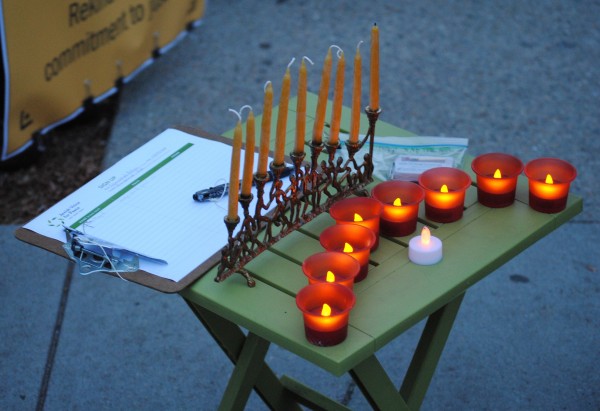
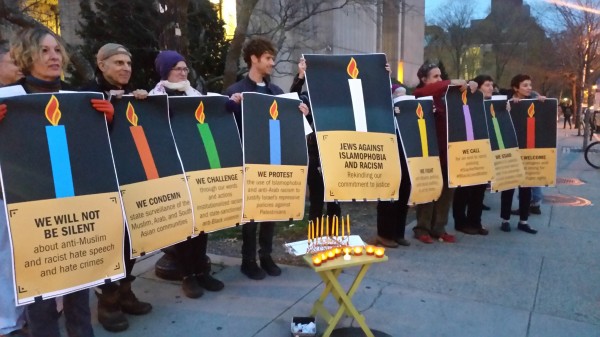
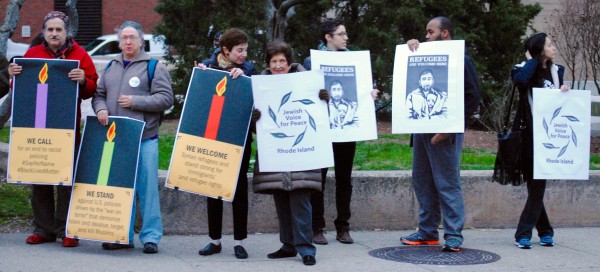
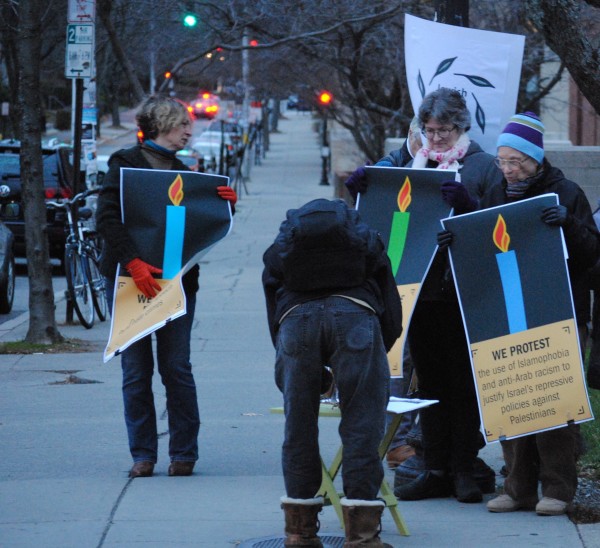
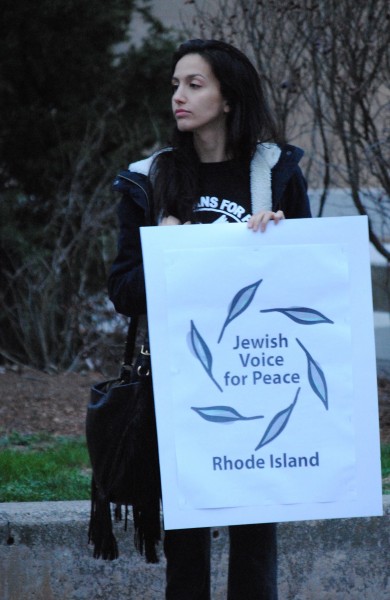
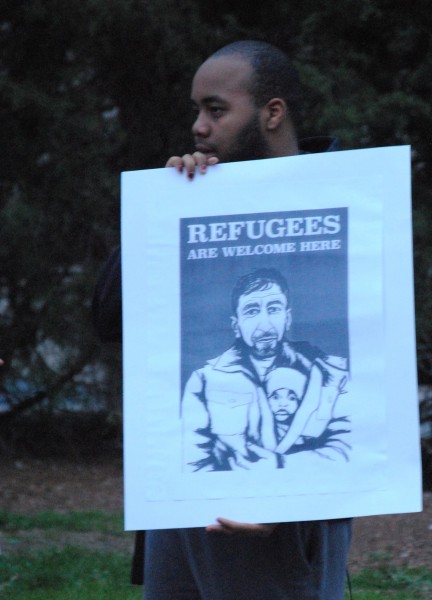
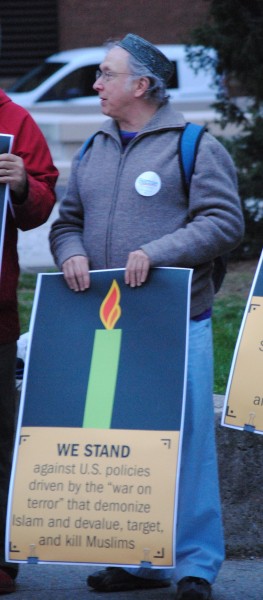
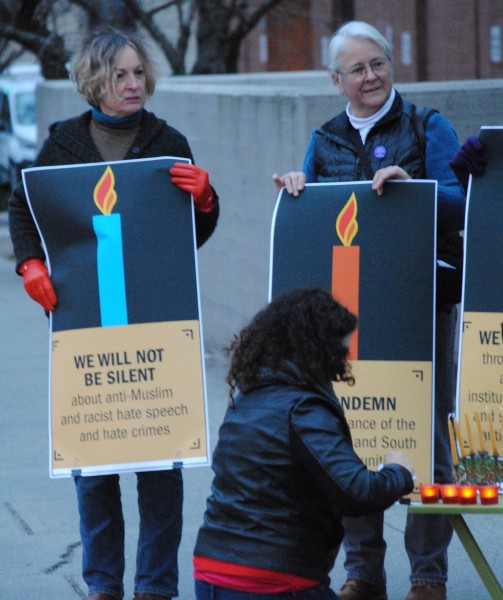
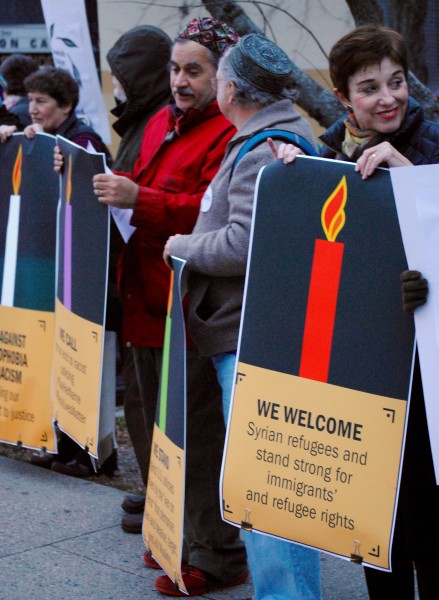
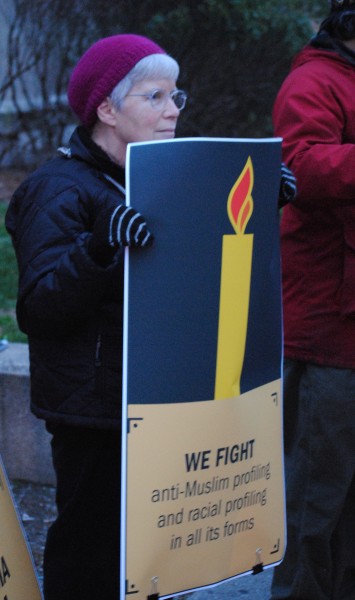

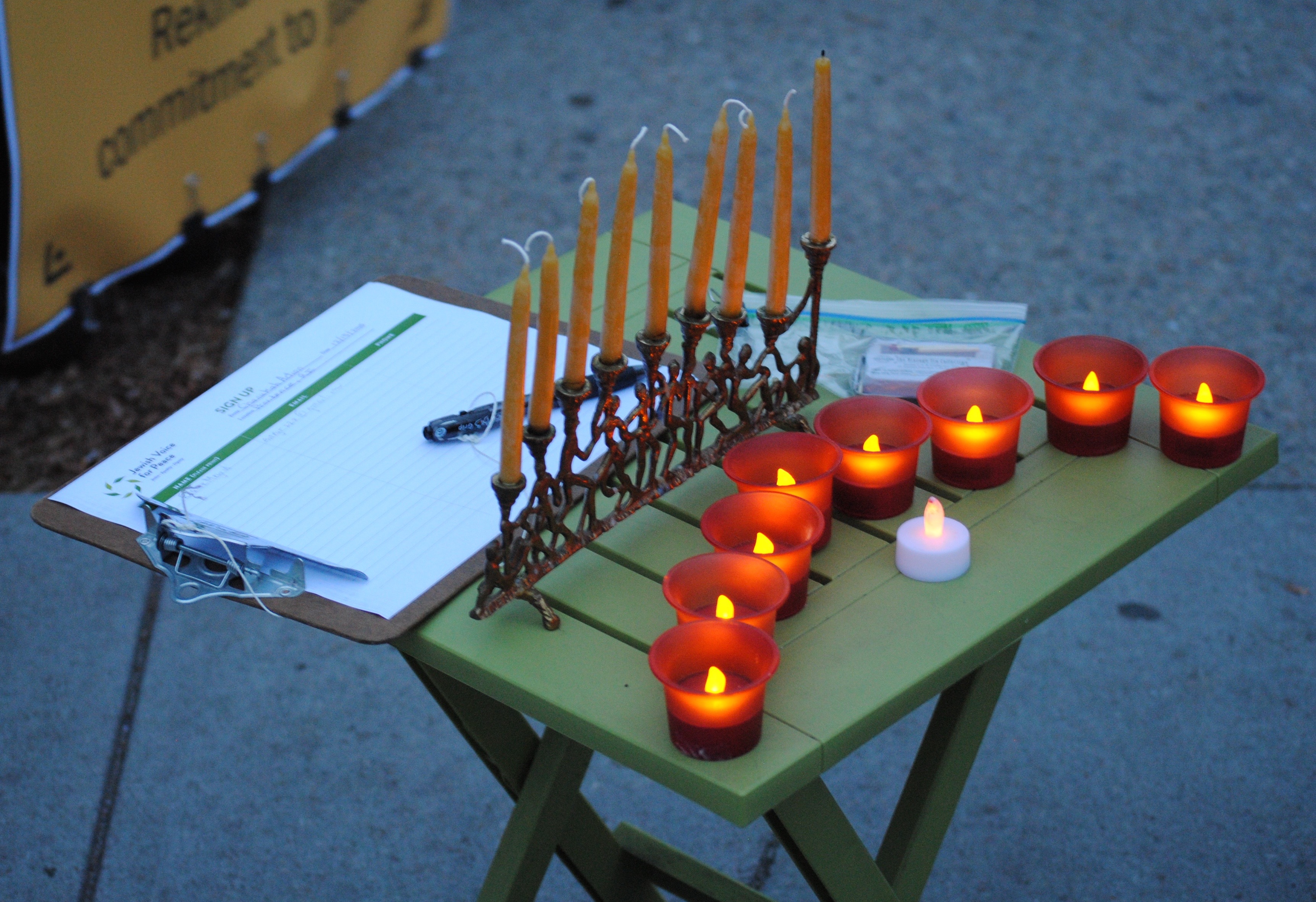


 “‘the United States of America is an extremely compassionate nation’ but added this is a different time than when the Irish came to the country because of a potato famine” according to a
“‘the United States of America is an extremely compassionate nation’ but added this is a different time than when the Irish came to the country because of a potato famine” according to a 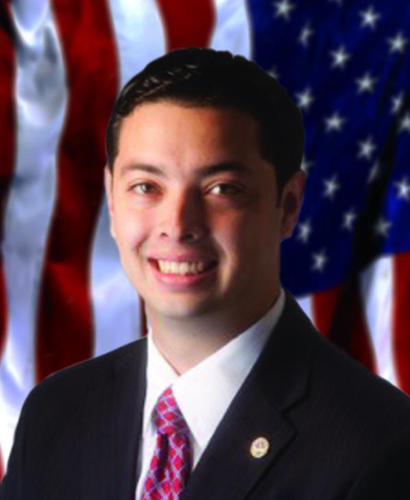
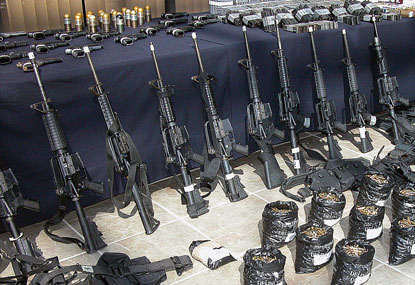

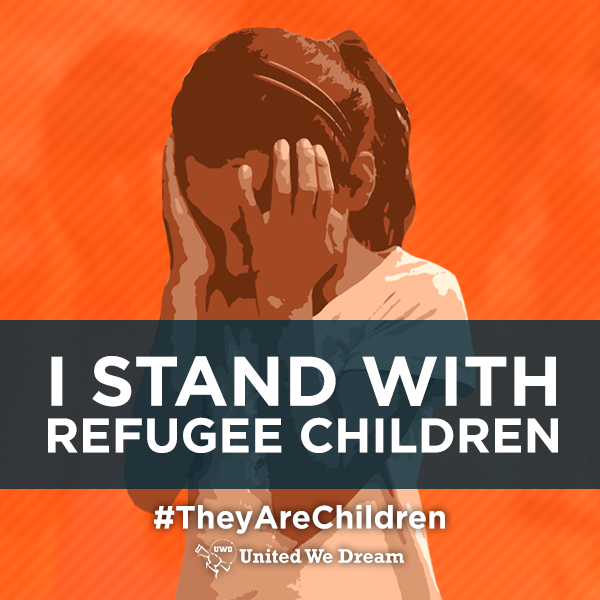
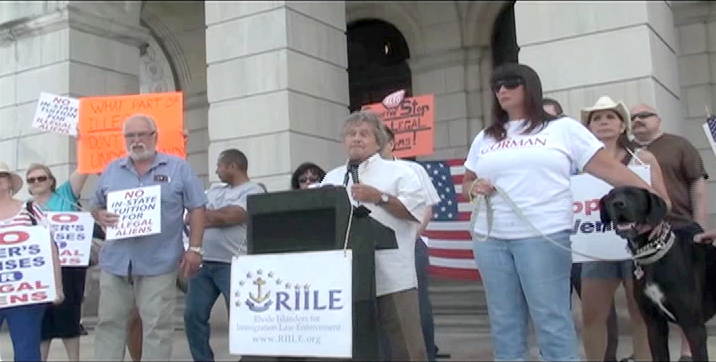
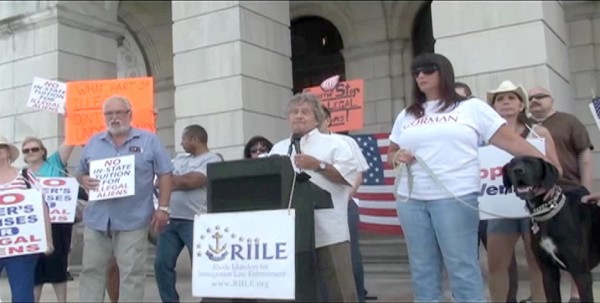 RIILE (Rhode Islanders For Immigration Law Enforcement) is a nativist hate group.
RIILE (Rhode Islanders For Immigration Law Enforcement) is a nativist hate group.
